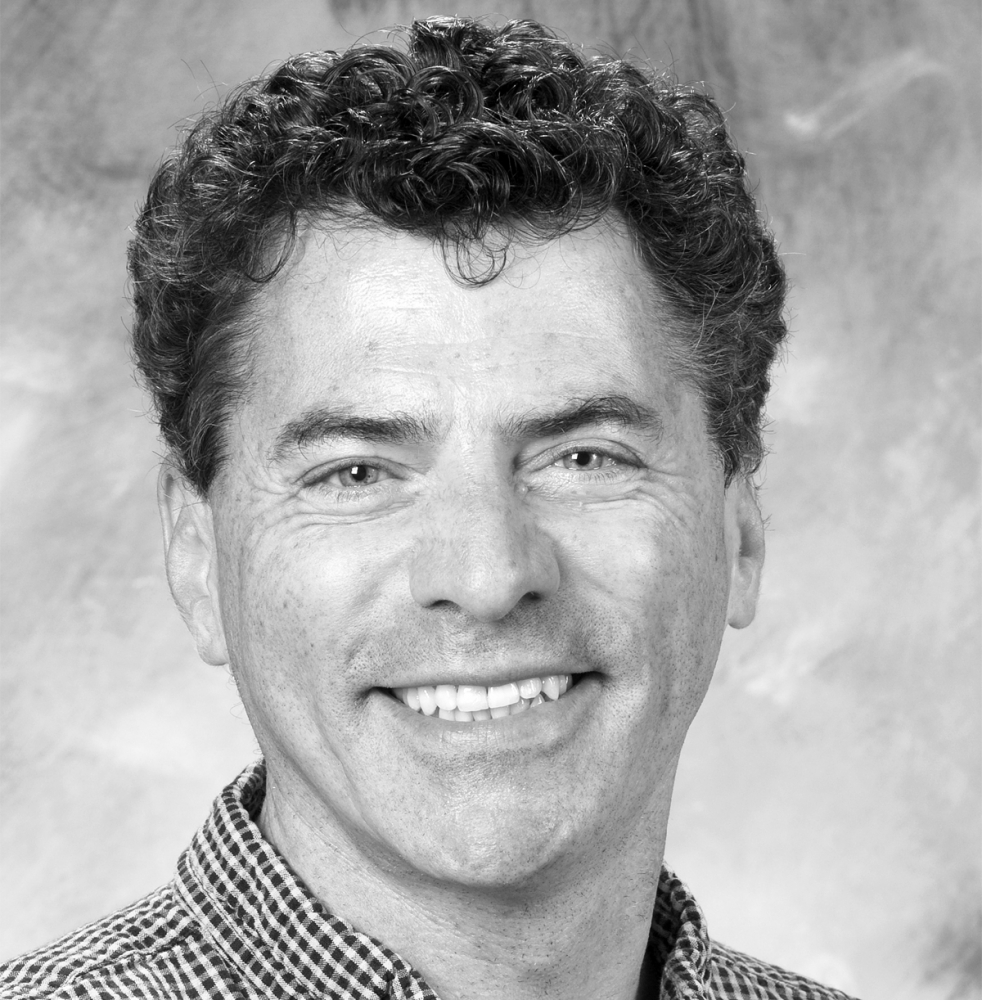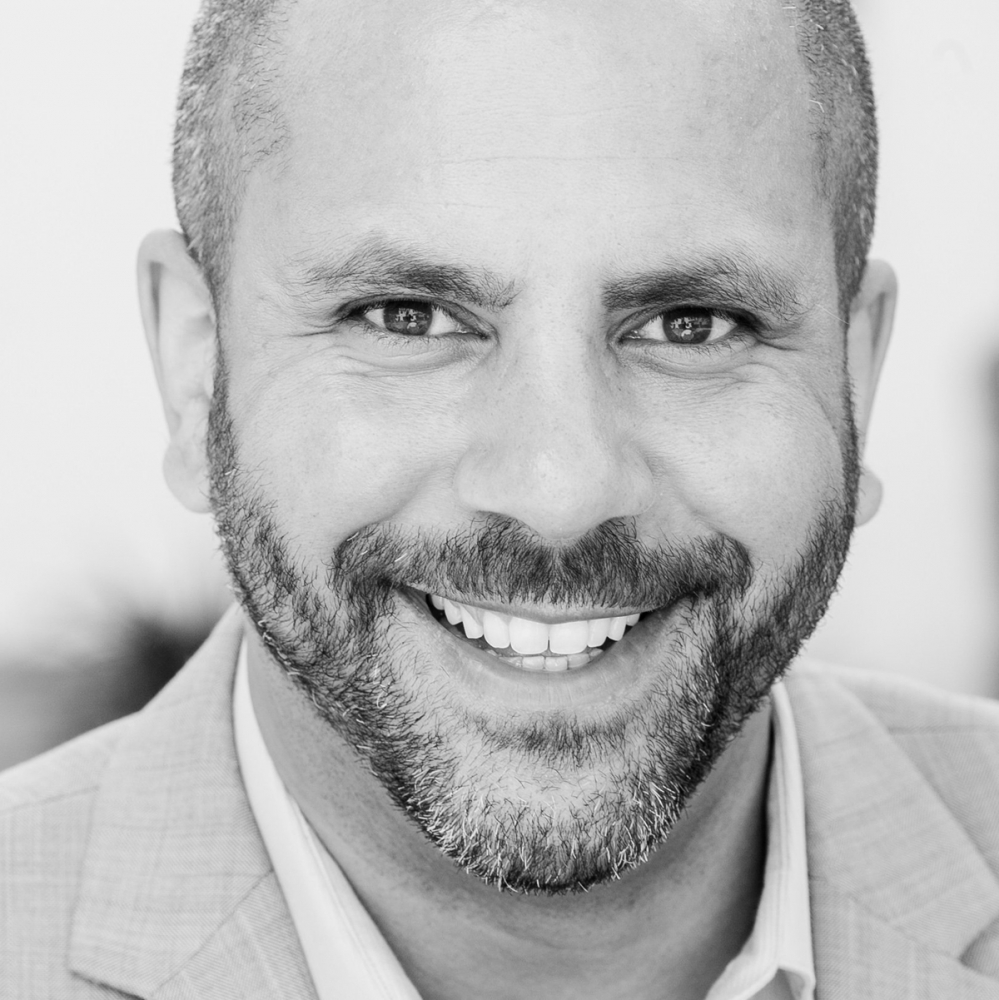



UC Santa Barbara’s newest research center might well be its most focused. The Department of Psychological and Brain Sciences at UCSB has opened The Center for Mindfulness & Human Potential (CMHP), which is dedicated to advancing interdisciplinary research into mindfulness and neuroplasticity. The center — which will be directed by longstanding collaborators Jonathan Schooler, Michael Mrazek and Dawa Tarchin Phillips — aims to use the best science, education and technology to advance scientific understanding and improve lives.
Schooler, director of CMHP, said the center will bring greater rigor and innovation to many of the questions that were at the center of the Human Potential Movement that grew out of the counterculture milieu of the 1960s: How much untapped potential do we have and what allows us to fully realize our capacity for creativity, fulfillment and contribution? “The last 50 years have brought powerful advances in methods and statistics that can allow researchers to address these questions with a rigor that was simply not possible before,” Schooler explained.
One key CMHP initiative examines how mindfulness training can empower a generation of youth with the tools to focus their attention, regulate their emotions and experience both higher well-being and academic achievement. The team’s research, funded by the U.S. Department of Education, has already found that mindfulness is associated with lower stress, higher self-esteem and greater happiness among middle school and high school students. They also discovered that even just two weeks of mindfulness training could improve working memory capacity and standardized test scores of undergraduates by reducing mind-wandering.
Yet despite accumulating data on the benefits of mindfulness, research into the best strategies for teaching mindfulness is still needed to ensure that the growing demand can be met with high-quality training, the researchers said. CMHP is focusing on two important trends in mindfulness education: teacher training programs and scalable web-based training. “Rigorous research can produce qualified instructors and evidence-based training programs that have the efficacy and credibility to scale and make a lasting impact,” said Dawa Tarchin Phillips, director of education at CMHP.
Another major CMHP research initiative is redefining scientific understanding of how rapidly and substantially a person can change. The conventional approach to understanding plasticity of cognitive abilities and brain function involves manipulating just one thing and observing the effect. While that approach is of indisputable value, the researchers said, it also neglects how multiple influences can combine to have greater effects than when studied in isolation. In a recent study, CMHP researchers found that a multifaceted training program that simultaneously targeted mindfulness, physical health and relationships led to dramatic and lasting improvements in more than a dozen valuable outcomes — strength, endurance, focus, reading comprehension, working memory, self-esteem, happiness and more.
Mrazek, director of research at CMHP, said the results suggest that “the limits of the human capacity for change may be much greater than we, as scientists, have given people credit for.” Those encouraging findings, he said, represent only a modest preview of what ultimately will be achieved through future interventions that draw on continual advances in science and technology. For now, he said, “The true limits of our capacity for change remain a mostly unexplored frontier of scientific understanding.”
Research at the CMHP is supported by the John Templeton Foundation and the Shao Family Charitable Trust. In addition to its research, the center supports instruction of an academic course on mindfulness, a visiting speaker series at UCSB, an annual fellowship for a post-doctoral researcher and a mini-grant program for graduate students.



